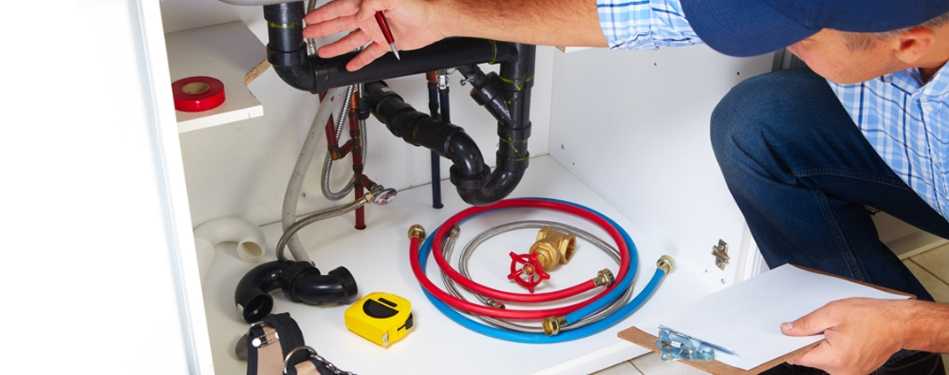
The Plumbing Checklist Every New Homeowner Needs
Advice From Philadelphia’s Favorite Plumber
Becoming a new homeowner is an exciting milestone, but it also comes with responsibilities, including ensuring that your plumbing system is in good working order. At Bill Frusco Plumbing, Heating, & Cooling, we understand that plumbing can be overwhelming, especially for first-time homeowners. To help you stay on top of things and prevent costly repairs, we’ve created this essential plumbing checklist that every new homeowner needs.
1. Inspect for Leaks
One of the first things you should do as a new homeowner is check for leaks throughout your home. Leaks can occur in faucets, toilets, pipes, and even water heaters. Look under sinks, around the base of toilets, and inspect visible pipes for any signs of moisture or dripping. Leaks, even small ones, can waste a significant amount of water and increase your utility bills, so it’s important to fix them as soon as possible.
2. Check Water Pressure
Water pressure that’s too high or too low can cause problems in your plumbing system. Low water pressure can be frustrating when showering or using appliances, while high water pressure can lead to leaks or burst pipes. You can check your water pressure with a pressure gauge from a hardware store. Ideally, your water pressure should be between 40 and 60 psi. If your water pressure is outside this range, you may need to adjust it with a pressure regulator or call a plumber to evaluate the situation.
3. Inspect Your Water Heater
Your water heater is an essential component of your home’s plumbing system. As a new homeowner, you should know the age and condition of your water heater. Most water heaters last 10 to 15 years, so if yours is nearing the end of its lifespan, you may want to plan for a replacement. Additionally, check for any signs of leaks or corrosion around the water heater. It’s also a good idea to flush the tank annually to remove sediment buildup, which can reduce the efficiency of the heater and shorten its lifespan.
4. Locate Your Main Water Shut-Off Valve
In the event of a plumbing emergency, such as a burst pipe or a major leak, you’ll need to know how to quickly shut off the water supply to your home. Locate the main water shut-off valve, which is typically found in the basement, crawl space, or near the water meter. Make sure the valve is easy to turn and is functioning properly. This simple step can save you from significant water damage in an emergency situation.
5. Test Drains for Clogs
Slow drains are a common plumbing issue and can be an early sign of a clog forming in your pipes. To prevent bigger problems down the road, test all your drains, including sinks, showers, and tubs, to make sure water is flowing freely. If you notice slow drainage or standing water, use a plunger or drain cleaner to remove any blockages. For more serious clogs, it’s best to call a professional plumber to avoid damaging your pipes.
6. Inspect Outdoor Plumbing
Don’t forget to check your outdoor plumbing, including garden hoses, spigots, and any irrigation systems. Ensure that outdoor faucets are not leaking and that hoses are in good condition. During the winter, remember to shut off the water supply to outdoor faucets and drain hoses to prevent freezing and bursting.
Contact Our Philadelphia Plumber Today
Owning a home comes with many responsibilities, and taking care of your plumbing system is one of the most important. By following this plumbing checklist, you can catch small issues before they turn into big problems and keep your home’s plumbing system running smoothly. If you need assistance with any plumbing concerns or repairs, contact Bill Frusco Plumbing, Heating, & Cooling today.
